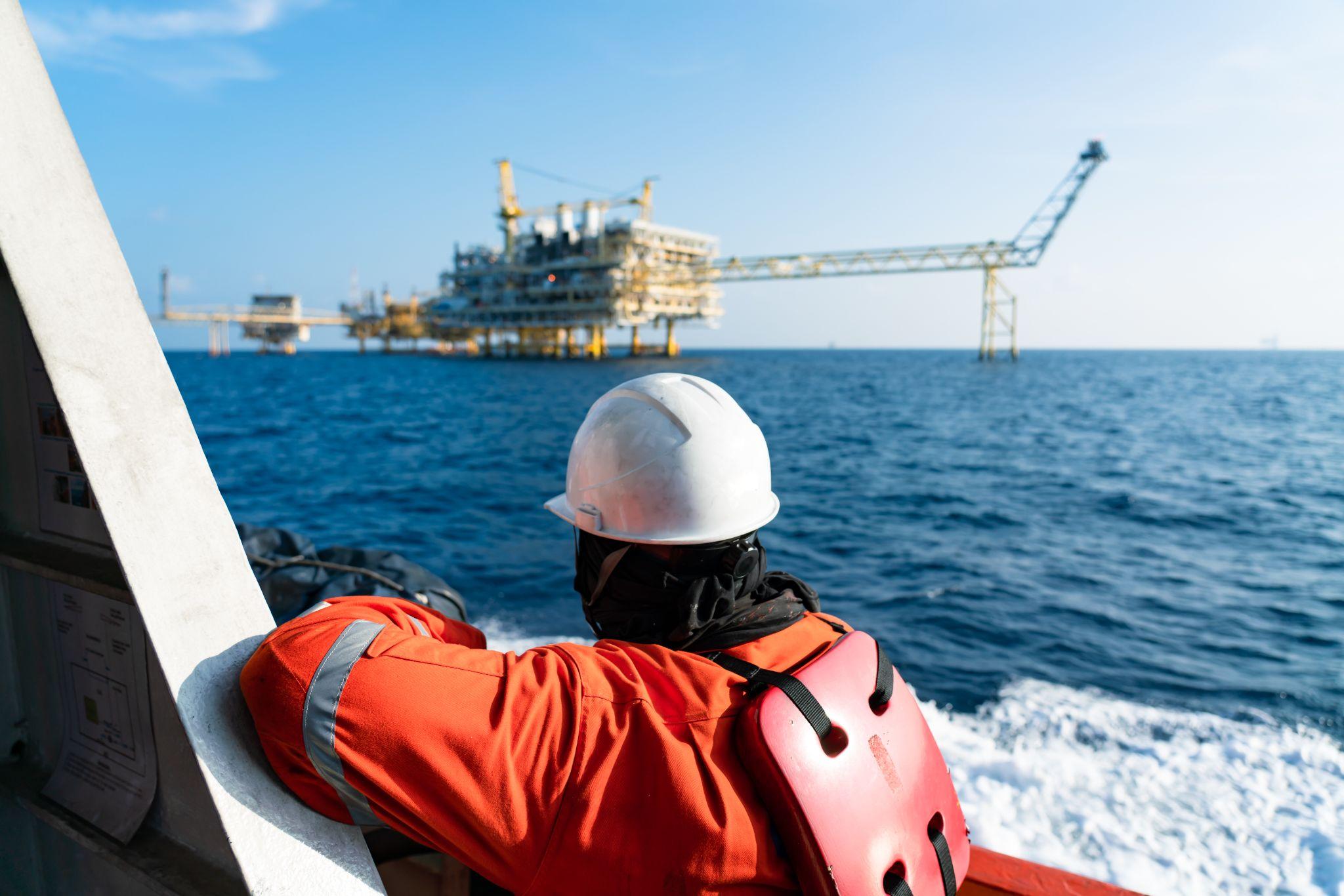
Blog
Maritime Law and Oilfield Work
Posted in Maritime, Maritime Admiralty Law
The oil and gas industry plays a major role in powering the modern world, and oilfield workers are an essential part of this industry’s workforce. However, the nature of their work exposes them to various risks and hazards. To address these challenges, maritime law has established a framework that governs how personal injuries and compensation claims are handled for oilfield workers. This article explores the areas where maritime law applies to oilfield work, including a detailed analysis of the Jones Act and other laws dealing with financial compensation.
The Jones Act
The Jones Act, formally known as the Merchant Marine Act of 1920, allows eligible individuals to seek compensation for injuries caused by their employer’s negligence or the unseaworthiness of the vessel. This legal framework ensures that injured maritime workers, including those employed in oilfield jobs, can pursue compensation for their injuries.
By granting seamen the ability to hold their employers accountable for negligence or unsafe conditions, the Jones Act plays a pivotal role in maintaining safety standards for those whose livelihoods are closely tied to maritime activities.
Types of Compensation Under the Jones Act
Under the Jones Act, injured oilfield workers are entitled to seek comprehensive compensation for damages resulting from their injuries, including medical expenses, rehabilitation costs, pain and suffering, lost wages, and diminished earning capacity.
Unlike conventional workers’ compensation, which may only cover limited benefits, the Jones Act empowers eligible seamen to pursue compensation that accurately reflects the full extent of their physical, emotional, and financial losses incurred due to their injuries sustained while working aboard maritime vessels
Categories of Workers Covered by the Jones Act
The Jones Act applies to “seamen,” a term that includes various categories of maritime workers. To qualify as a seaman under the Jones Act, an individual must have a substantial employment relationship to a vessel in navigation. This means that the worker’s job must contribute to the vessel’s function or the accomplishment of its mission. Oilfield workers who spend a significant amount of their time working on oil rigs and other vessels operating on navigable waters may qualify as seamen under the Jones Act.
Be aware that permanently docked vessels, such as platforms or structures that do not engage in regular navigation, are normally excluded from the protections of the Jones Act. The Jones Act is intended to cover activities occurring on “navigable waters.” Fixed oil platforms and similar non-mobile structures generally do not fall under this definition. Nonetheless, maritime employees who do not qualify for compensation under the Jones Act may be able to use one of the other laws on the books.
The 30 Percent Rule
One key criterion for determining seaman status under the Jones Act is the “30 percent rule.” It states that an individual must spend at least 30 percent of their work time in the service of a vessel on navigable waters to be considered a seaman.
This means that if a worker’s job responsibilities involve a significant portion of time actively contributing to the function of a vessel engaged in maritime activities, they may qualify as a seaman under the Jones Act. The rule helps distinguish between workers who have a substantial connection to maritime operations and those whose work is less directly tied to vessels engaged in navigation.
Other Personal Injury Laws Relevant to Oilfield Workers
Aside from the Jones Act, oilfield workers who become injured while carrying out their job duties may also be protected by one or more other maritime laws on the books. These include the following:
General Maritime Law
General maritime law, often referred to as admiralty law, is a body of legal principles and doctrines that govern various aspects of maritime activities, including personal injury cases. It provides a framework for addressing injuries and accidents that occur on navigable waters, involving vessels, and related to maritime commerce and navigation.
General maritime law allows injured parties, including maritime workers, passengers, and others, to seek compensation for injuries resulting from negligence. This could involve cases where a vessel owner, operator, or crew member fails to exercise reasonable care, leading to accidents and injuries.
General maritime law recognizes the principle of maintenance and cure, which requires vessel owners to provide injured seamen with financial support (maintenance) and medical care (cure) until maximum medical improvement is reached. Compensation is provided regardless of which party is responsible for the injury. This ensures that injured workers receive necessary care and support during their recovery period.
Longshore and Harbor Workers’ Compensation Act (LHWCA)
The LHWCA is a federal law that extends workers’ compensation benefits to longshoremen, harbor workers, and other individuals involved in maritime-related activities not covered by the Jones Act. It covers injuries occurring on or near navigable waters, including docks, terminals, and other maritime facilities. The LHWCA provides no-fault compensation: workers can receive benefits regardless of fault or negligence. However, some oilfield workers, such as seamen and federal employees, are not covered by the LHWCA.
Death on the High Seas Act (DOHSA)
The DOHSA is a federal law that addresses the rights of survivors and family members when a death occurs on the high seas, typically beyond three nautical miles from the shore. In cases where an oilfield employee loses their life as a result of an accident or other wrongful circumstances on the high seas, the DOHSA may permit eligible family members to seek damages. It does not cover deaths occurring within the territorial waters of the United States.
Outer Continental Shelf Lands Act (OCSLA)
The OCSLA is a federal law that extends federal jurisdiction to the outer continental shelf, including offshore drilling platforms and structures. The OCSLA’s relevance to oilfield workers lies in its ability to determine which legal framework applies to their employment-related injuries. For those engaged in oilfield work on these structures, the OCSLA governs issues such as workers’ compensation, personal injury claims, and liability.
Oil Pollution Act (OPA)
The OPA creates compensation pathways for oil spills, requiring responsible parties to clean up and compensate for the harms resulting from spills in navigable waters.
Contact an Experienced Oilfield Lawyer Today
Are you an oilfield worker who has been injured while on the job? Contact the oilfield accident lawyers at Schechter, Shaffer and Harris, L.L.P., for a free case evaluation. We answer calls 24/7 at 1-800-836-5830.















